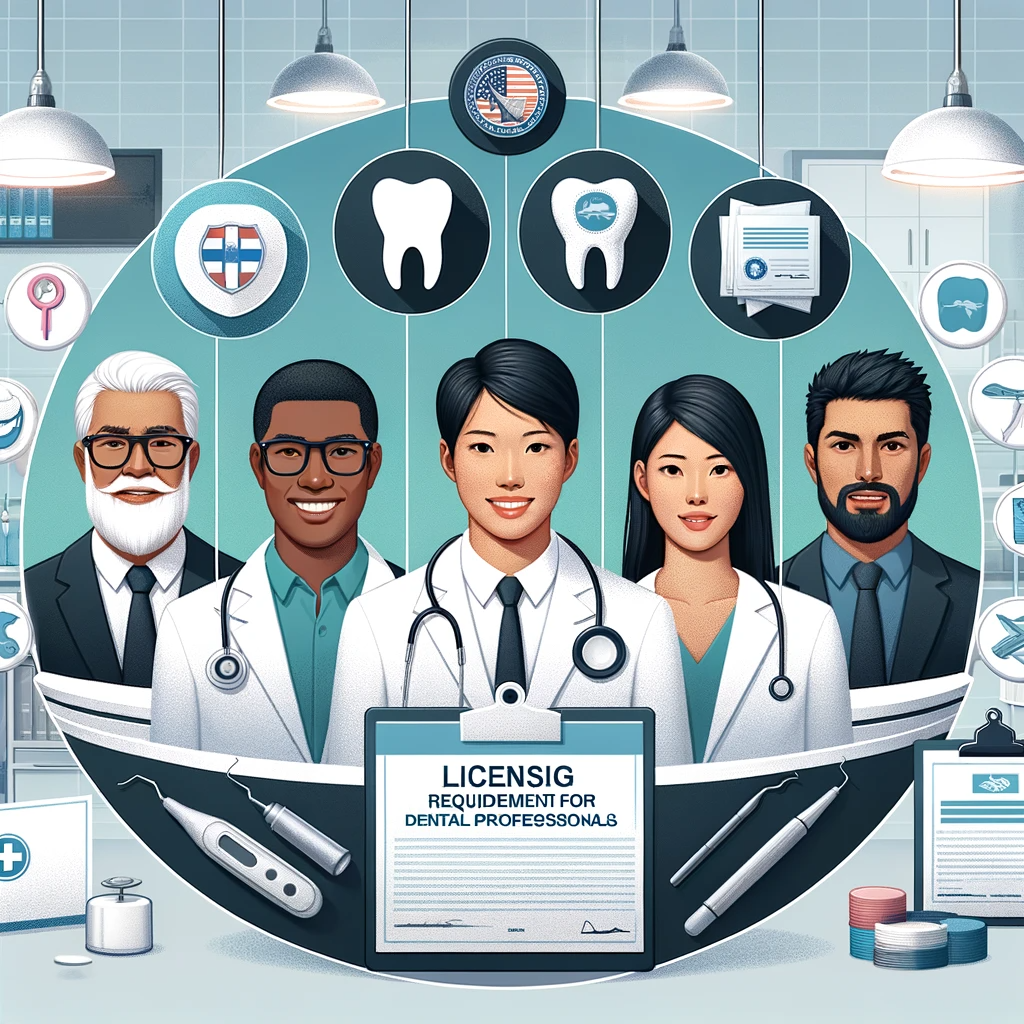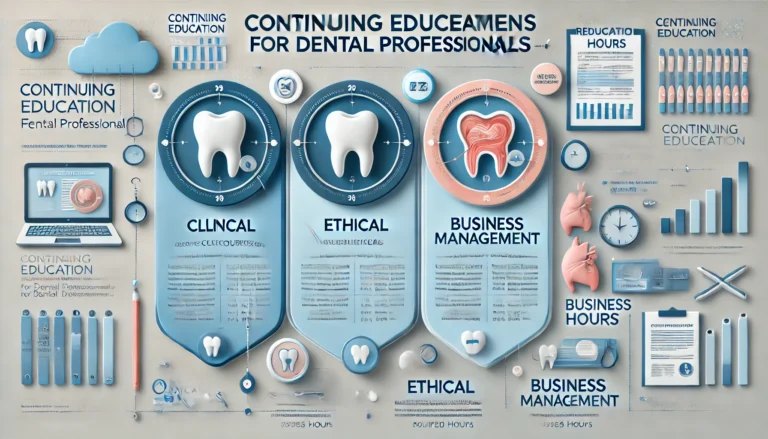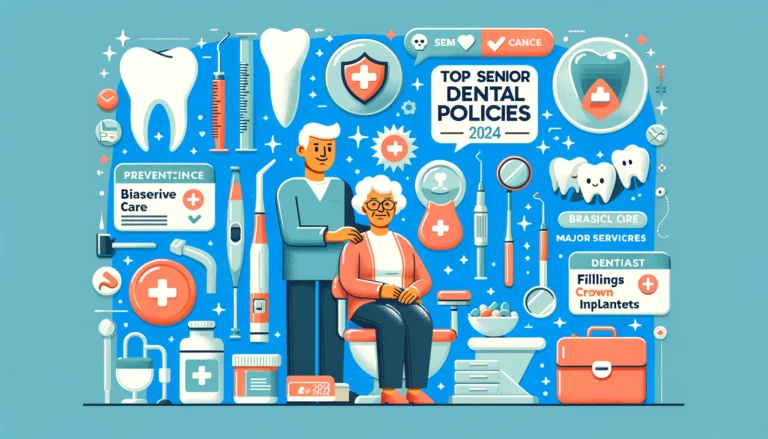Navigating the Maze: Licensing Requirements for Dental Professionals
Licensing Requirements for Dental Professionals
Are you an aspiring dental professional or a practicing dentist looking to understand the complex world of dental licensure? You’ve come to the right place! In this comprehensive guide, we’ll walk you through the essential information about licensing requirements for dental professionals. Whether you’re a dental student or a seasoned dentist, understanding these requirements is crucial for a successful and legal dental career.

Dental Licensure Basics
Obtaining a dental license is a critical step in your journey to becoming a dentist. It’s essential to meet specific licensure requirements set by your state or territory’s dental board. The dental license grants you the legal authority to practice dentistry within your jurisdiction.
Education Requirement
To qualify for licensure, you must graduate from an accredited dental school or dental hygiene school. The Commission on Dental Accreditation (CODA) oversees the accreditation of dental education programs in the United States. Make sure your dental education program is accredited by CODA to meet the educational requirements.
National Board Dental Examination
The National Board Dental Examination (NBDE) is a comprehensive examination that evaluates your knowledge and skills in various dental disciplines. Most states require applicants to pass this examination as part of their licensure process. Be sure to check with your state board for specific NBDE requirements.
State Board Requirements
Each state has its own set of licensure requirements, which may include additional examinations, background checks, or interviews. Contact your state board of dentistry or dental examiners for detailed information on what you need to do to meet their specific requirements.
Licensing by Examination
If you’re applying for licensure by examination, you’ll typically need to submit a completed application, provide your academic transcripts, and pass the required examinations. The state board of dentistry or dental examiners will review your application and determine your eligibility.
Licensing by Credential
If you’re already licensed in another state or territory, you may be eligible for licensing by credential in your new location. This process typically involves providing verification of licensure and meeting specific requirements set by the new state or territory’s dental board.
Maintaining Your Dental License
Once you’ve obtained your dental license, it’s essential to stay up-to-date with continuing education requirements and renew your license as needed. Be aware of your license expiration date and the renewal process to avoid any issues with your practice.
Denied Applications
In some cases, applicants may face denial of their licensure applications. Reasons for denial can vary but may include issues with educational qualifications, criminal history, or incomplete applications. If your application is denied, you have the right to appeal or reapply following the guidelines provided by your state board.
Practicing Dentistry in Another State
If you plan to practice dentistry in another state or territory, you must ensure that you meet the licensing requirements of that jurisdiction. Holding a license in one state does not automatically grant you the right to practice in another. Check with the relevant state board for information on licensing reciprocity or additional requirements.
Conclusion
Becoming a licensed dentist or dental hygienist is a significant achievement, but it requires careful navigation through various licensing requirements. It’s crucial to stay informed about the specific requirements set by your state or territory’s dental board, maintain your license, and seek guidance when needed.
Remember that the licensing process can be complex, but with the right information and dedication, you can achieve your goal of becoming a licensed dental professional. Always reach out to your state board of dentistry or dental examiners for the most accurate and up-to-date information on licensure requirements in your area.
Stay committed to your dental education, excel in your examinations, and take the necessary steps to fulfill your dreams of becoming a licensed dentist. Your journey in the world of dentistry awaits!


